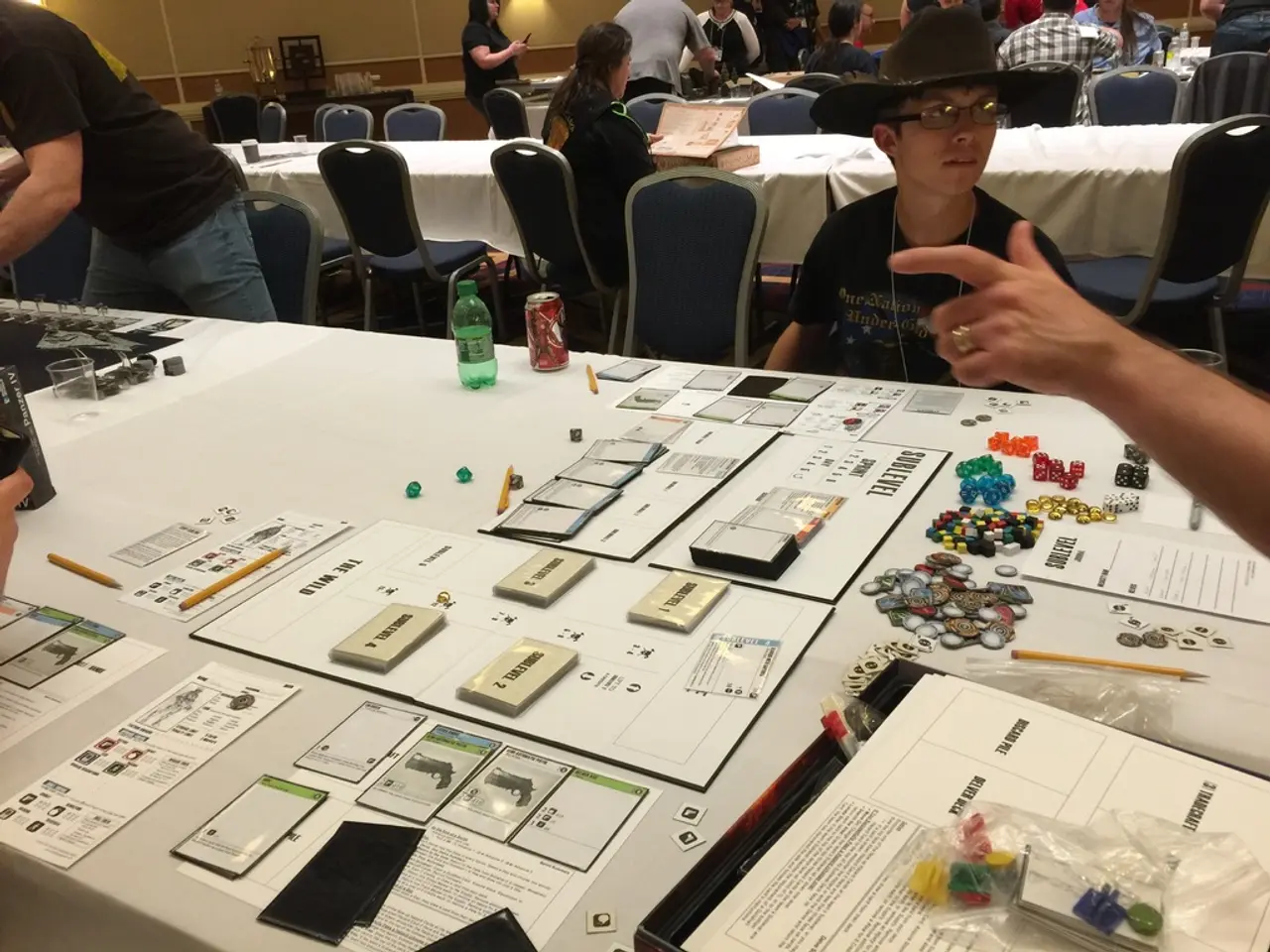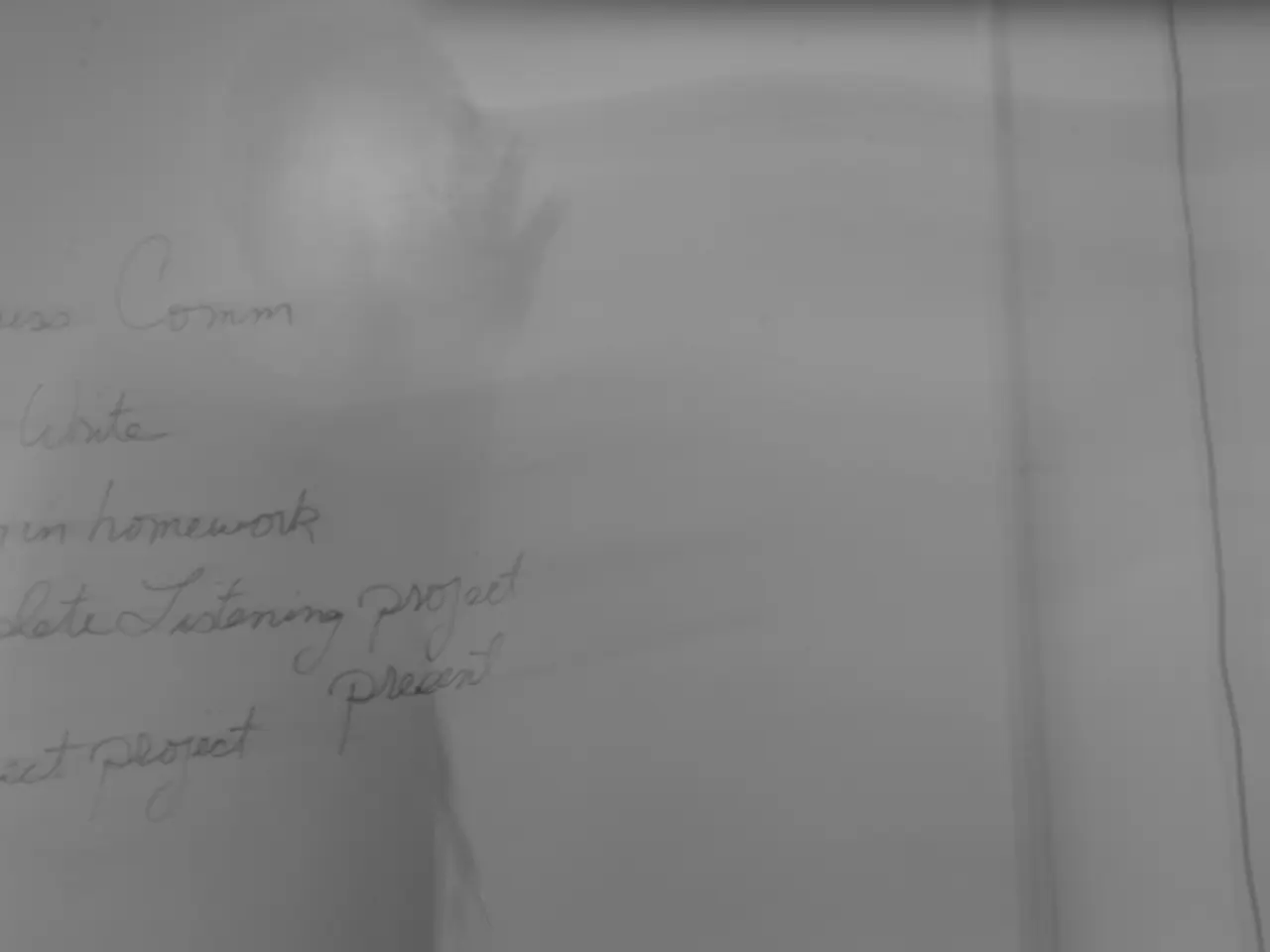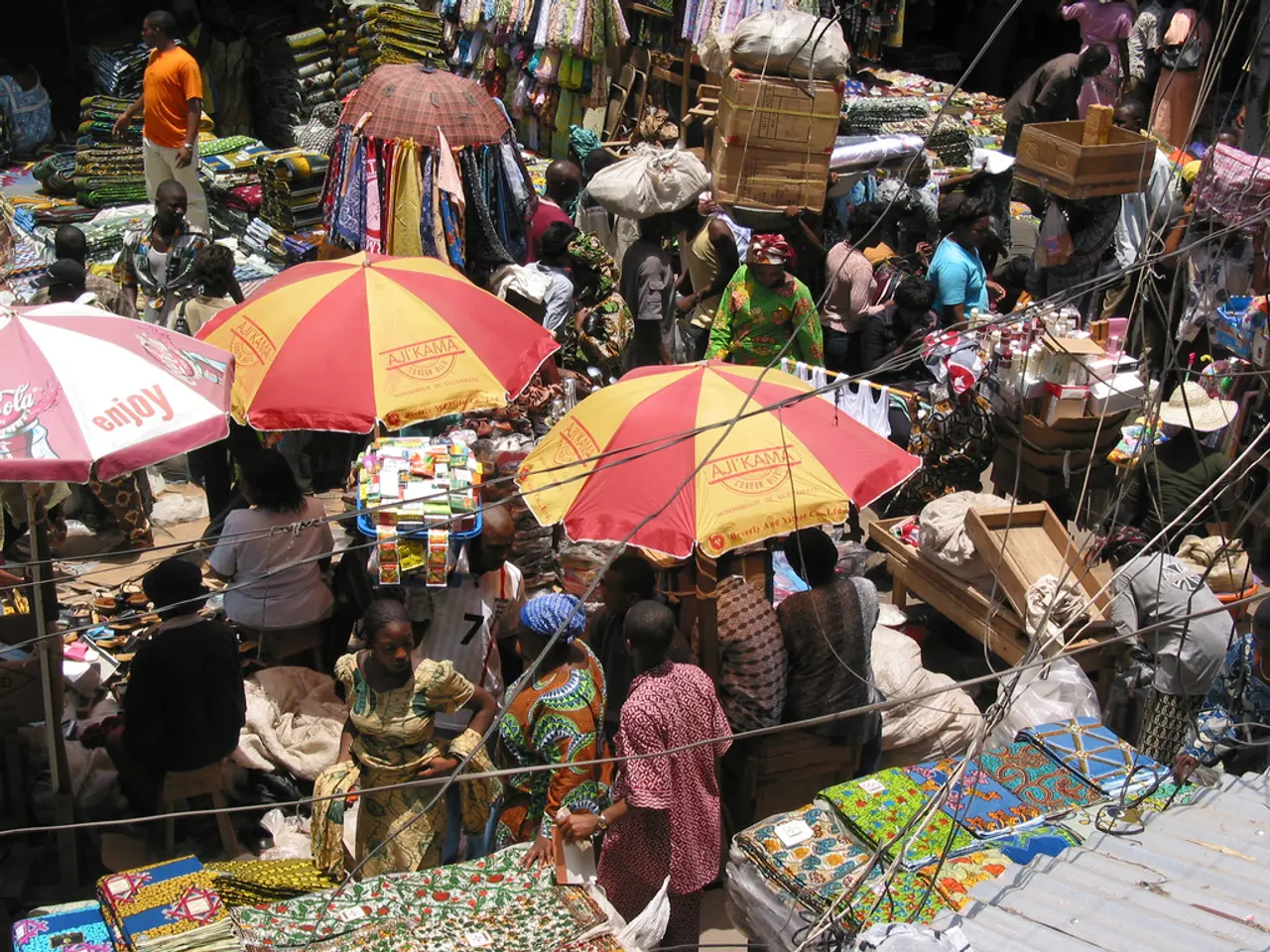Time for a Distinct Watchdog over Aid for Ukraine Support
In the heart of Eastern Europe, Ukraine is grappling with a corruption problem that has recently led to the removal of its defense minister. Across the globe, a similar issue plagued Afghanistan, a country where the United States and NATO have been providing aid and support for decades.
Colonel Patrick Sullivan, the director of a website at West Point, has drawn parallels between these two nations and suggests a solution based on lessons learned from Afghanistan. His doctoral work focused on the potential improvement of strategic outcomes through effective oversight of military operations.
In Afghanistan, the Special Inspector General for Afghanistan Reconstruction (SIGAR) identified corruption as the "big issue," overshadowing even the insurgency threat. SIGAR's key findings included widespread waste, fraud, and abuse in U.S.-funded programs, with inadequate oversight, especially by USAID, which ignored warnings about misuse at Afghan ministries.
The failure to prosecute corrupt officials and a pervasive patronage system severely undermined Afghanistan’s economy and future development efforts. SIGAR recommended stronger anti-corruption measures, more robust auditing and accountability mechanisms, and prioritizing the prosecution of fraud and abuse to protect aid effectiveness.
Applying these lessons to Ukraine, Colonel Sullivan proposes the appointment of a special inspector general for Ukraine assistance. This body would coordinate efforts, follow the money, assess programs, and help leaders find and stamp out corruption to avoid strategic failure.
Ukraine's President Volodymyr Zelenskyy was originally elected as an anti-corruption reformer. However, the complexity of the corruption problem suggests that there is only a narrow window of opportunity to solve the issue. Colonel Sullivan believes that the time is now to address the corruption problem in Ukraine through the proven special inspector general model, as it is unlikely that there will be another opportunity.
The situation in Ukraine mirrors the challenges SIGAR identified in Afghanistan. Corruption reduced the effectiveness of Afghan ministries in providing essential services, and in Ukraine, similar issues have been reported. Enhanced transparency and independent oversight of international aid and government spending are crucial to prevent waste and misuse.
Strengthening anti-corruption bodies to ensure they have the autonomy and resources to investigate and prosecute abuses effectively is also essential. Lastly, a genuine political commitment to tackling corruption beyond symbolic actions or occasional purges is necessary, learning from the Afghan experience where patronage networks persisted despite reforms.
By instituting rigorous accountability frameworks modeled on SIGAR’s recommendations and ensuring sustained, credible anti-corruption enforcement, Ukraine can better safeguard institutional integrity and optimize international assistance during ongoing conflict and reconstruction efforts.
- Colonel Patrick Sullivan, comparing Ukraine and Afghanistan, suggests that Ukraine can learn from Afghanistan's experience with corruption and adopt a solution like the appointment of a special inspector general for Ukraine assistance.
- Widespread corruption, as seen in Afghanistan, has been a significant issue in Ukraine, impacting the effectiveness of government services.
- The Special Inspector General for Afghanistan Reconstruction (SIGAR) identified corruption as the main issue in Afghanistan, resulting in inadequate oversight, waste, fraud, and abuse in U.S.-funded programs.
- If Ukraine does not address its corruption problem soon, Colonel Sullivan believes there may not be another opportunity, given the complexity of the issue.
- A special inspector general for Ukraine assistance, as proposed by Colonel Sullivan, would coordinate efforts, follow the money, assess programs, and help leaders find and stamp out corruption to prevent strategic failure.
- To effectively combat corruption in Ukraine, it's crucial to implement rigorous accountability frameworks, strengthen anti-corruption bodies, and secure political commitment to the anti-corruption cause, beyond symbolic actions or occasional purges.




